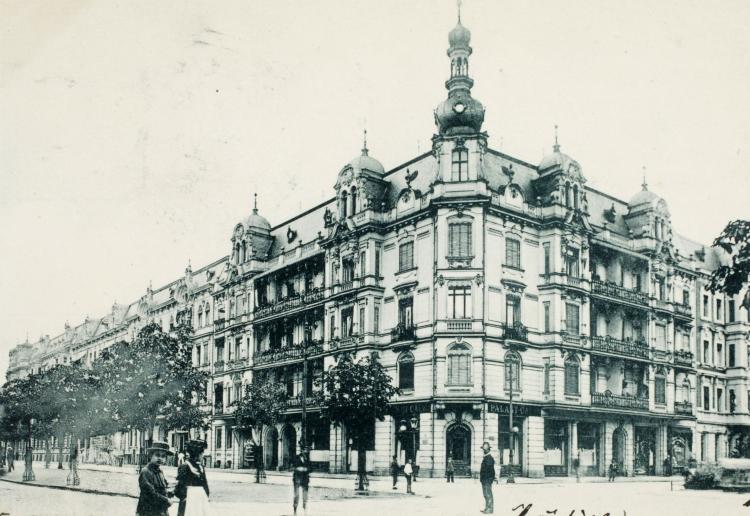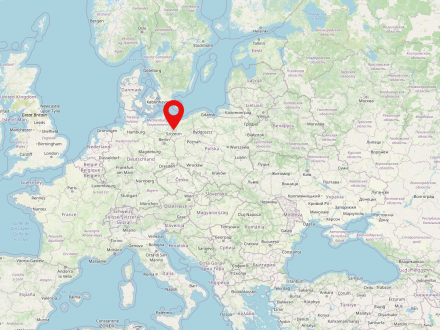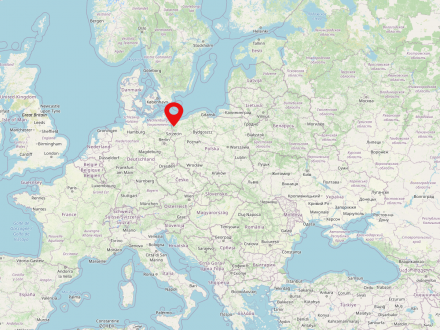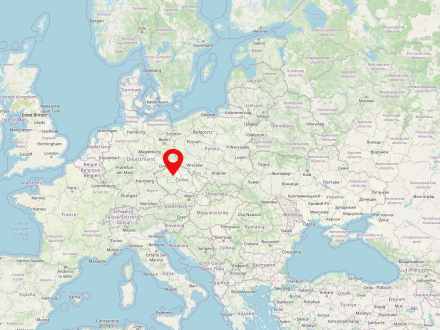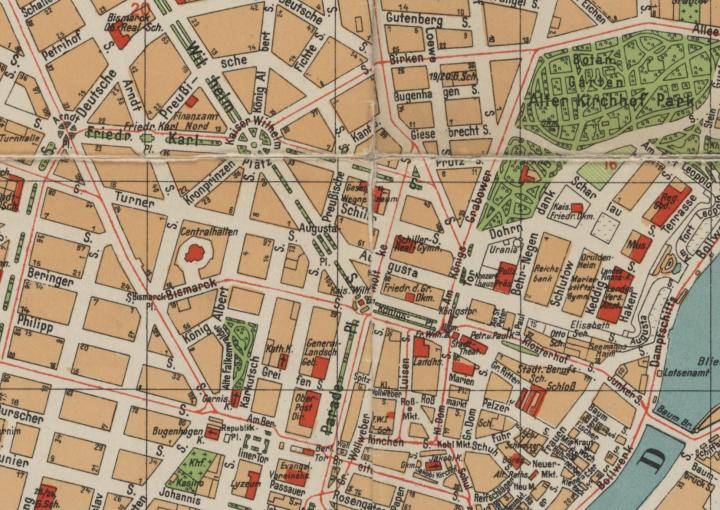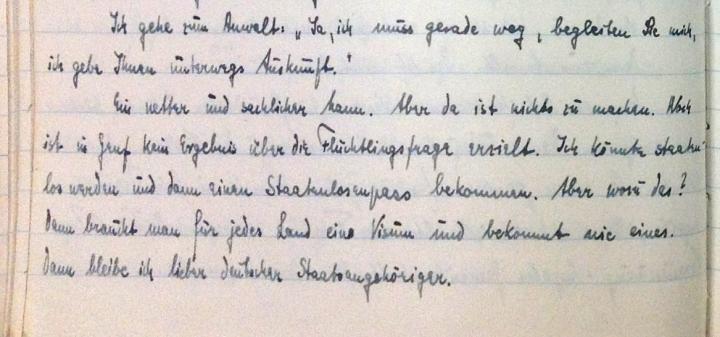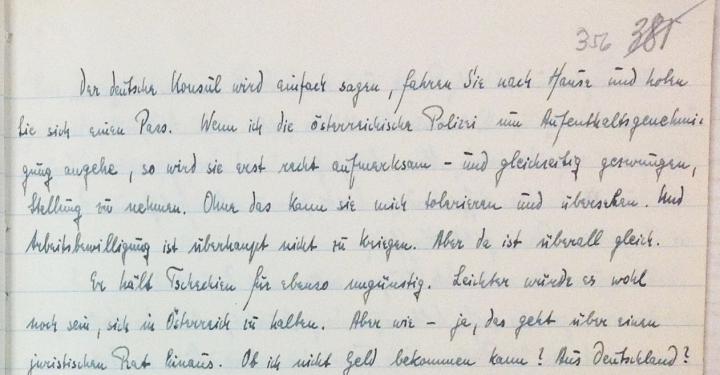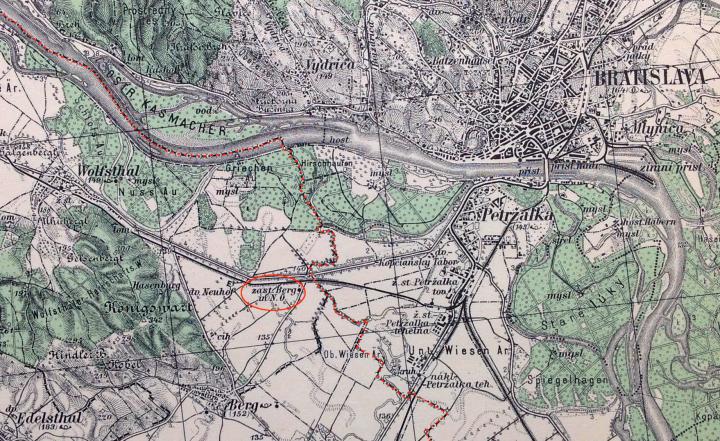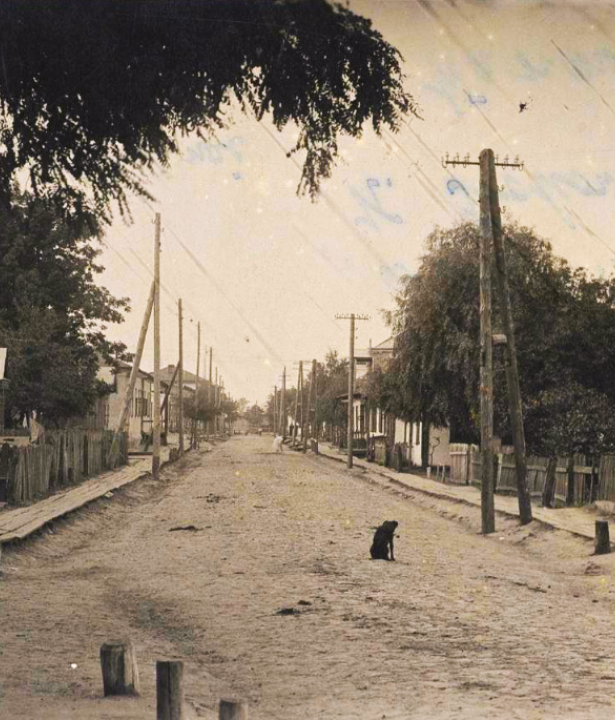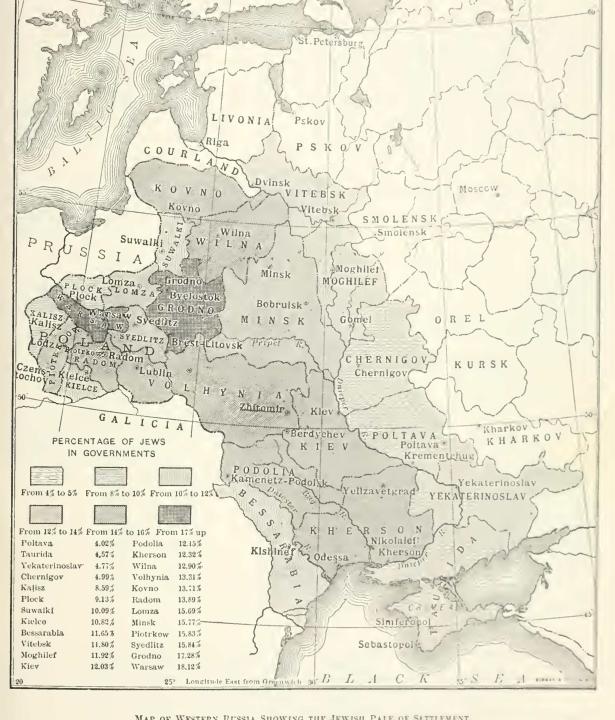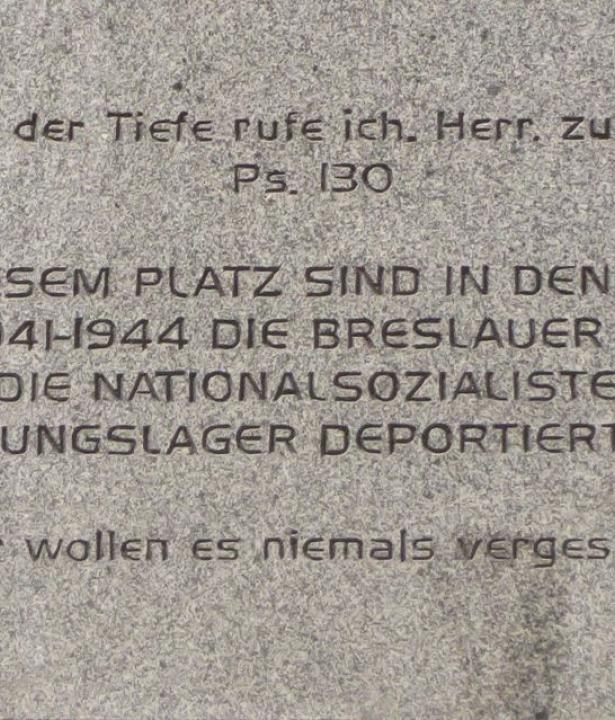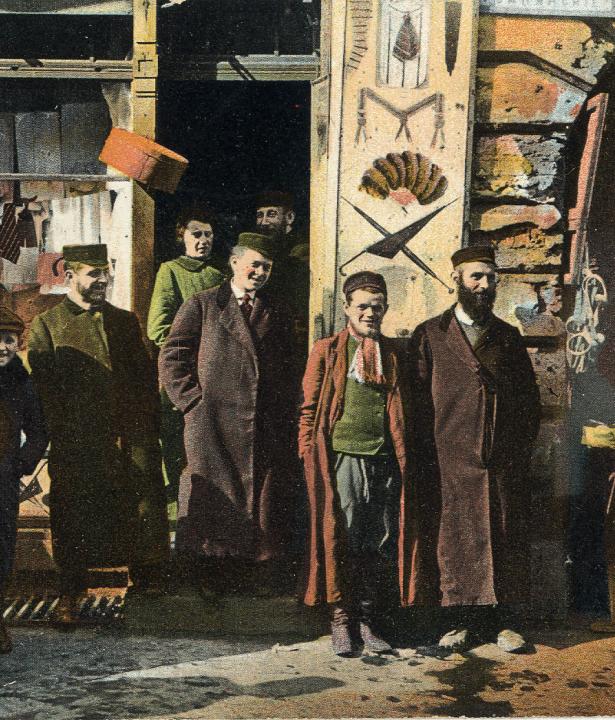After a quarter of an hour in the warm waiting room [in the train station of Zell am See, Salzburger Land], the thick clumps of snow hanging off my trousers have still not melted. Tired and reluctant, and also hungry, I will soon head off again. [...] One must always be careful. Begging [sic!] is forbidden; I must not get into conflict with the police.
Szczecin (German: Stettin) is a large city in northwestern Poland inhabited by nearly 403,000 people and the capital of the West Pomeranian Voivodeship (Polish: Zachodnio-Pomorskie). Szczecin is located on the Szczecin Lagoon and borders the German states of Mecklenburg-Vorpommern and Brandenburg. The city was part of Prussia for several centuries.
Pomerania is a region in northeastern Germany (Vorpommern) and northwestern Poland (Hinterpommern/Pomorze Tylne). The name is derived from the West Slavic 'by the sea' - 'po more/morze'. After the Thirty Years' War (Peace of Westphalia in 1648), Western Pomerania initially became Swedish, and Western Pomerania fell to Brandenburg, which was able to acquire further parts of Western Pomerania in 1720. It was not until 1815 that the entire region belonged to the Kingdom of Prussia as the Province of Pomerania. The province existed until the end of World War II, its capital was Szczecin (today Polish: Stettin).
Prague is the capital of the Czech Republic and is inhabited by about 1.3 million people, which also makes it the most populated city in the country. It is on the river Vltava in the center of the country in the historical part of Bohemia.

I have only been ‘free’ for a little over 10 weeks. And already I have cause to fear again. On Monday evening the comrade who was my next colleague at work ’disappeared’. That decided it for me. On Monday evening I learned that the acquaintance, whom I unfortunately went to visit on Thursday as his house was being searched, had been in the hospital since Sunday morning with a crushed skull and suffering a nervous breakdown. That decided it for me.

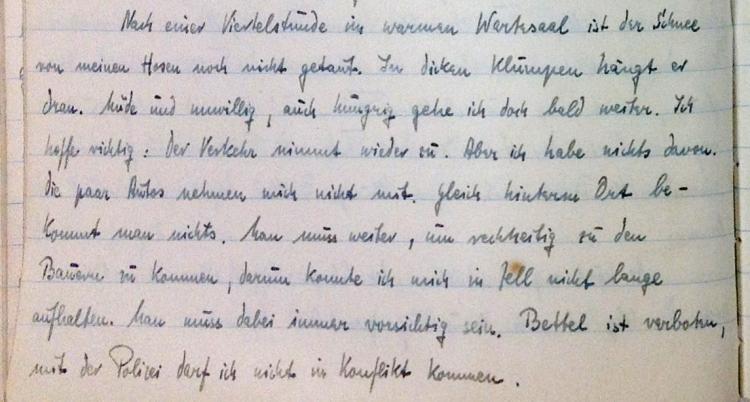

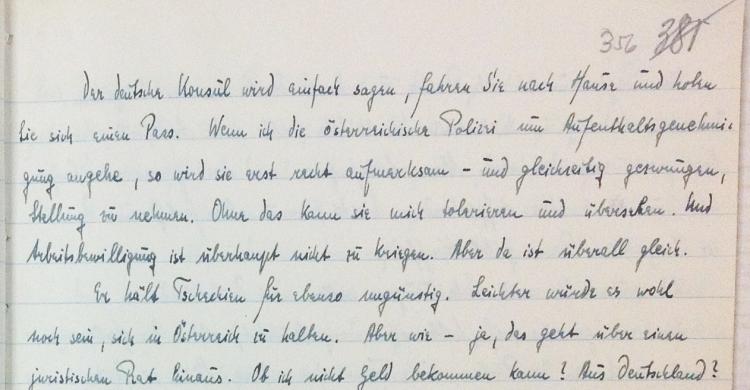

I get off the train in Berg, where the road leads to Pressburg [Bratislava]. The Austrian customs house is there. Next to it is the Czech one. And the Bratislava streetcar is next to that. I walk in the direction of Berg. After about 250 steps, I have already reached a place I should only be after 600. [...] It is an open field. But very dark. | [...] There where the poplars stand – that’s the border. But it takes a long time until it's our turn. Then he explains to me. I have to get on the road about 500 or 600m behind the Czech border house. [...] Continue on your own. Quickly over the path with the poplars, the border. I have already sneaked out of Austria. But now I’m sneaking into Czecho-Slovakia.
[CIT]
Map material of the Herder Institute
Text: Christian Lotz
Research and Editing: Thomas Klemm
Map mounting: Laura Gockert

